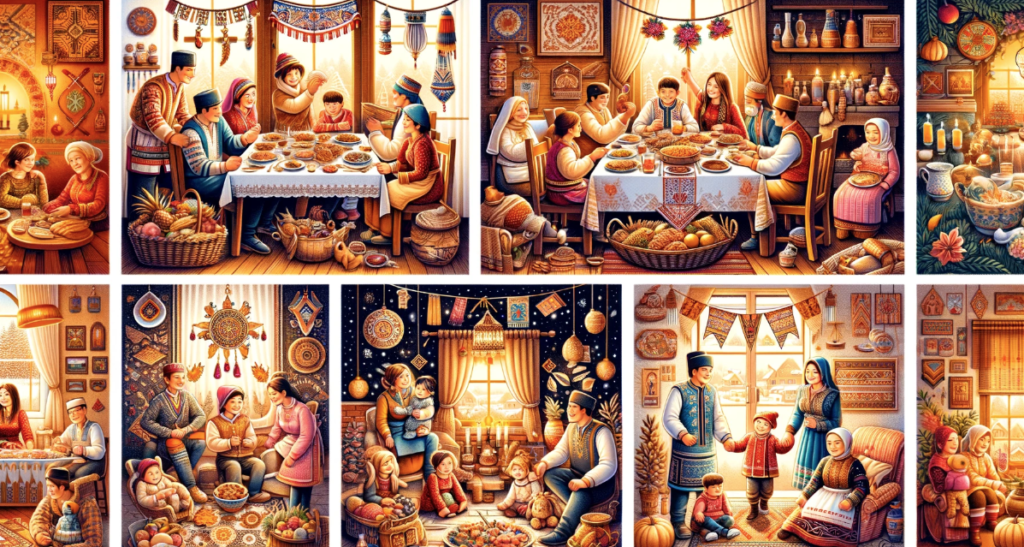Lesson 13. Your Hometown (故郷について)

▮ Explanatory Text:
Your hometown is more than just a place where you were born or grew up; it’s a part of your identity, shaping your experiences, memories, and often, your perspectives on life. It could be a bustling city, a quiet countryside, or a cozy town. Talking about your hometown allows you to share your roots with others, revealing the culture, traditions, and unique aspects of your background. It’s a way to connect with others by highlighting similarities and differences in our upbringing and environment.
▮ Common Phrases:
1. I come from…
2. My hometown is known for…
3. One thing I love about my hometown is…
4. A popular tradition in my hometown is…
5. If you ever visit my hometown, you should definitely…
▮ Example Sentences:
1. I come from a small town surrounded by mountains.
2. My hometown is known for its annual music festival.
3. One thing I love about my hometown is the sense of community among its residents.
4. A popular tradition in my hometown is the lantern festival in mid-autumn.
5. If you ever visit my hometown, you should definitely try the local street food.
▮ Discussion Instructions:
Discuss your hometown, including where it’s located, what it’s known for, and any personal stories or details that make it special to you. Share what you love most about it and any local traditions or events that are celebrated. If there’s a particular place, dish, or activity that visitors should not miss, mention those as well. This is an opportunity to express pride in your roots and learn about the diverse backgrounds of others.
















